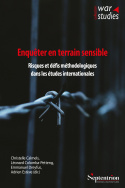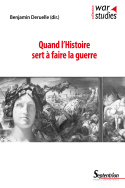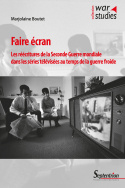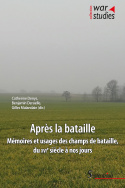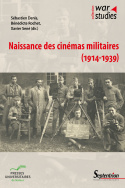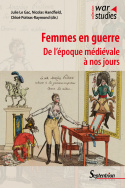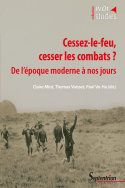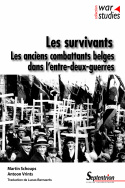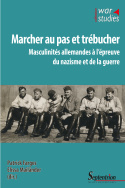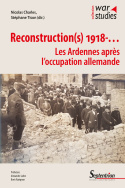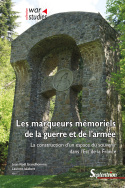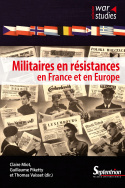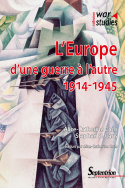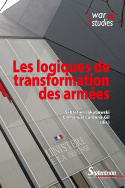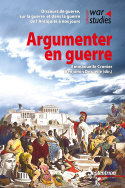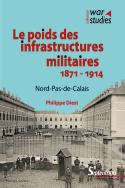Presses Universitaires du Septentrion

The "War Studies" collection offers works of critical reflection on the military fact in the world, today and yesterday. All academic disciplines are welcome and multidisciplinary approaches are favored. The collection considers the military phenomenon in its entirety, publishing studies on conflicts, strategy, and geopolitical issues, as well as works on military organizations and the role and place of armies in societies in times of peace as well as in times of war, at any time and everywhere in the world.
The "War Studies" collection thus aims to decompartmentalize and multiply the viewpoints on men and women, ideas and myths, material, legal or economic conditions, which together make up the military universe.
ISSN 26778602


